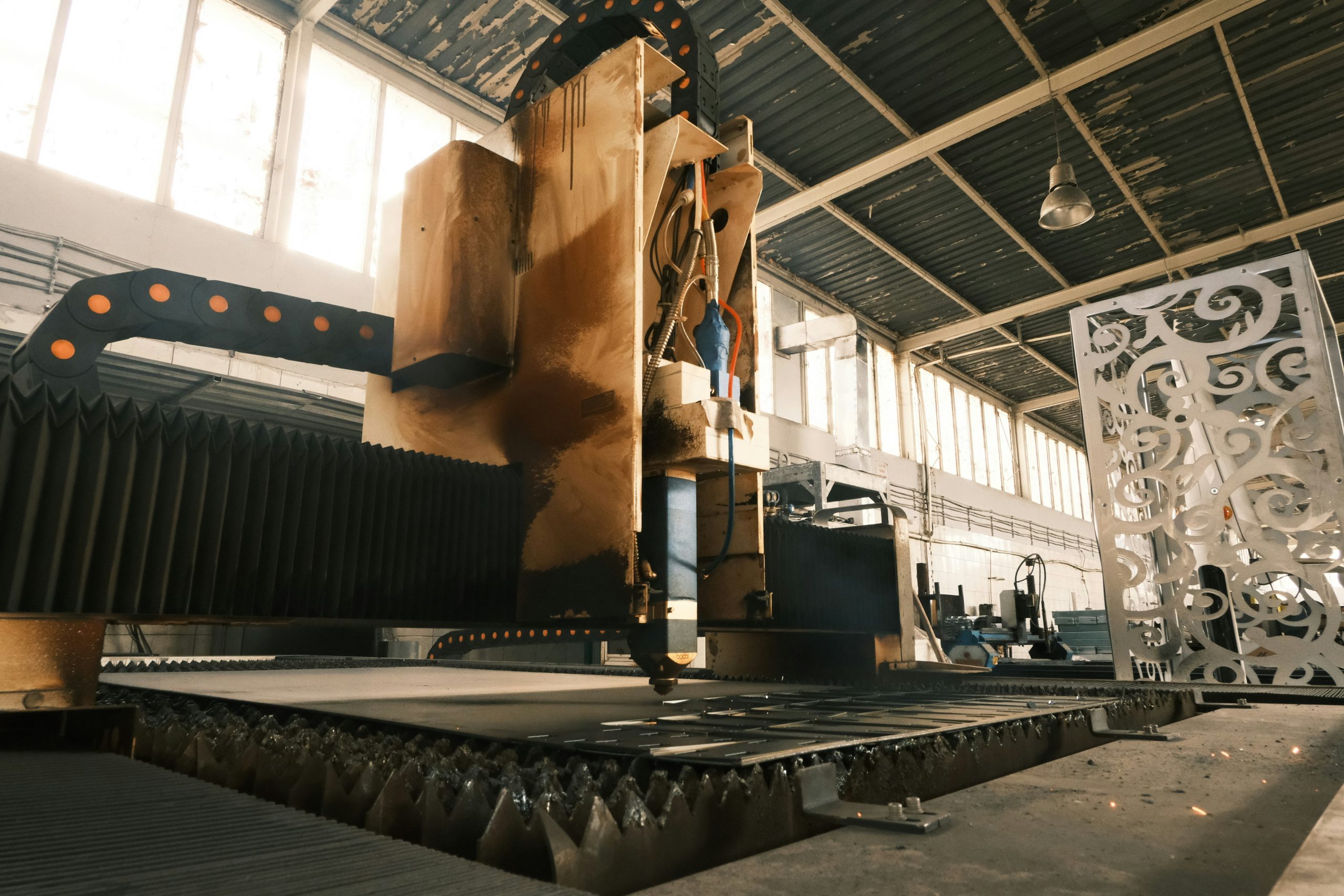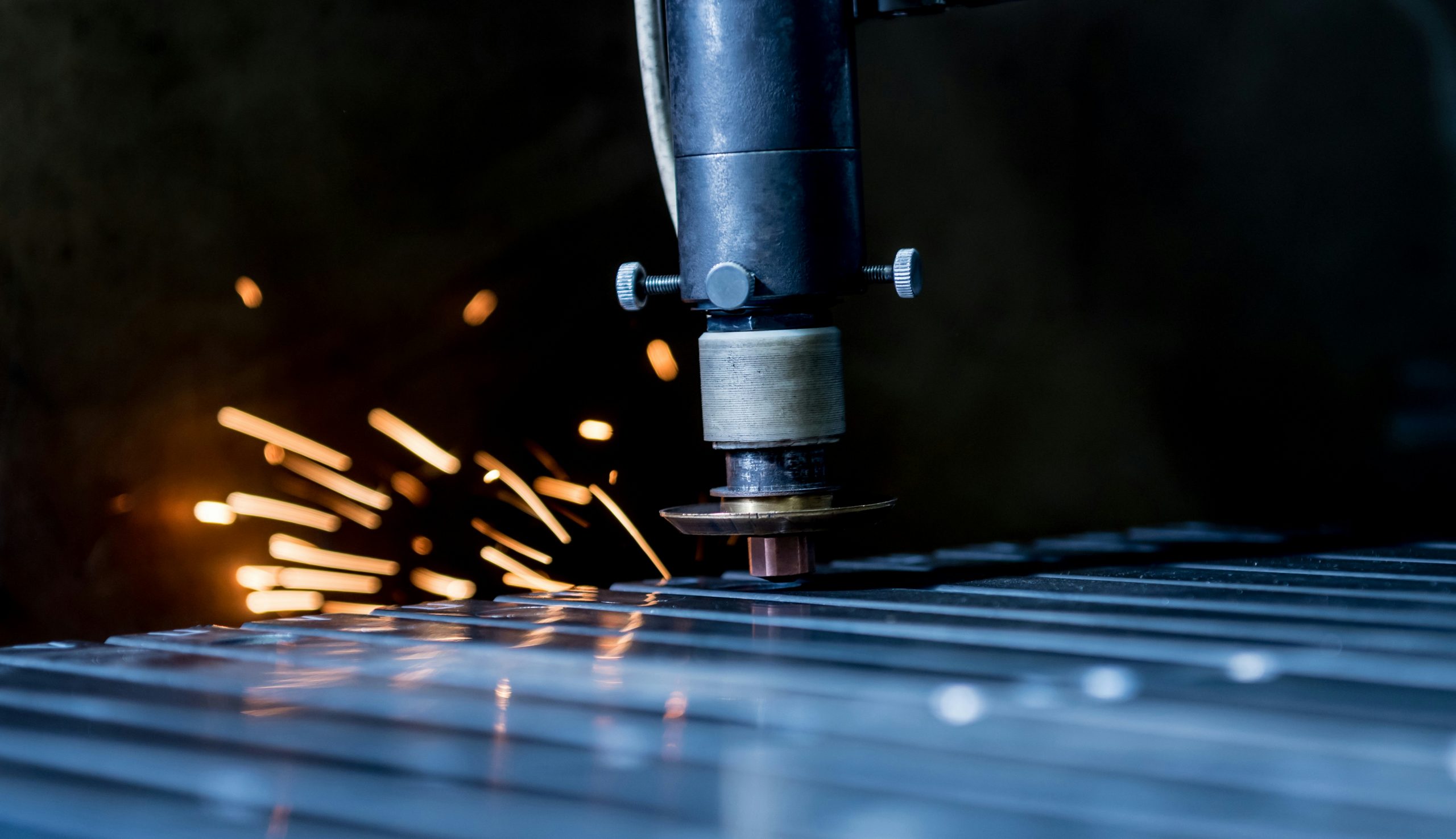Laser welding uses highly concentrated laser beams to join materials together. The intense heat produced by a laser makes laser welding suitable for a number of applications. That’s because when the materials cool, they solidify to form a strong bond.
As with any industrial process, getting great results relies on using not just the right tools for the job but also the right techniques.
When it comes to laser welding, there are several types to choose from with each possessing different properties and overall usage suitabilities.
Pro Moulds is a leading provider of laser welding services in the UK.
Our laser technicians can provide tailored advice on the best laser type to suit your project. In the meantime, here is an overview of some of the top options.

CO2 Lasers
CO2 lasers use carbon dioxide gas as the lasing medium. First discovered in 1964 by Kumar Patel, CO2 lasers are widely considered the most useful type of lasers.
While this post is all about lasers used for welding, CO2 lasers have wide usage across many other industries. Some usage examples include performing tumour removal during surgery and measuring atmospheric pollutants. CO2 lasers have even formed the basis of many optoelectronic subsystems.
As for using CO2 lasers for laser welding, this lasing medium has shown excellent ability on small point work. Its material suitability includes non-metallic materials and thick metal sheets.
Nd:YAG Lasers
Nd:YAG is short for neodymium-doped yttrium aluminium garnet.
Like CO2 lasers, Nd:YAG lasers have wide usage outside industrial applications. Their broad usage spans dermatology, ophthalmology, scientific research and target designation for military equipment.
For industrial purposes, Nd:YAG lasers produce a powerful infrared light which is effortlessly absorbed by materials like stainless steel, aluminium and titanium. Nd:YAG lasers are easy to focus and also require minimal maintenance.
Their properties make Nd:YAG lasers ideal for spot welding pulsed welding applications.
Likewise, Nd:YAG lasers can also be used in conjunction with fibre options to offer enhanced precision for welding.
Overall, opt for Nd:YAG lasers when searching for a laser that is suited for shallow or precision welding.
Fibre Lasers
When extreme accuracy is required, including for industrial-scale welding and intricate detail work such as engraving metals, fibre lasers are an ideal choice.
Fibre lasers get their name from the beam in which the laser is transmitted which is facilitated by a fire optic cable. They’re often used in high-speed, deep penetration welding tasks including for welding aluminium and steel.
Fibre lasers are highly powerful while also boasting incredible energy efficiency.

Disk
Disk lasers are a type of diode-pumped solid-state (DPSS) laser technology. As a newer form of laser appliance, disk lasers offer the benefits of being powerful, quick to cool and they produce excellent beam quality.
The beam produced by a disk laser can be emitted in a reflector path, or via a light pipe straight to the torch.
While disk lasers have many similarities with fibre lasers, their key difference is their scalability which ultimately can offer more flexibility.
Disk lasers are used for high-precision welding tasks with common applications including automotive and electronics manufacturing.
Pro Moulds – Discover Our Laser Welding Services UK
Are you in search of laser welding for your business operations? At Pro Moulds we offer leading laser welding services for metals including aluminium, stainless steel, tool steel and beryllium.
To find out more, including the types of lasers which would best suit your project please get in touch with our team.
Or, give us a call on 01623 904 417.
